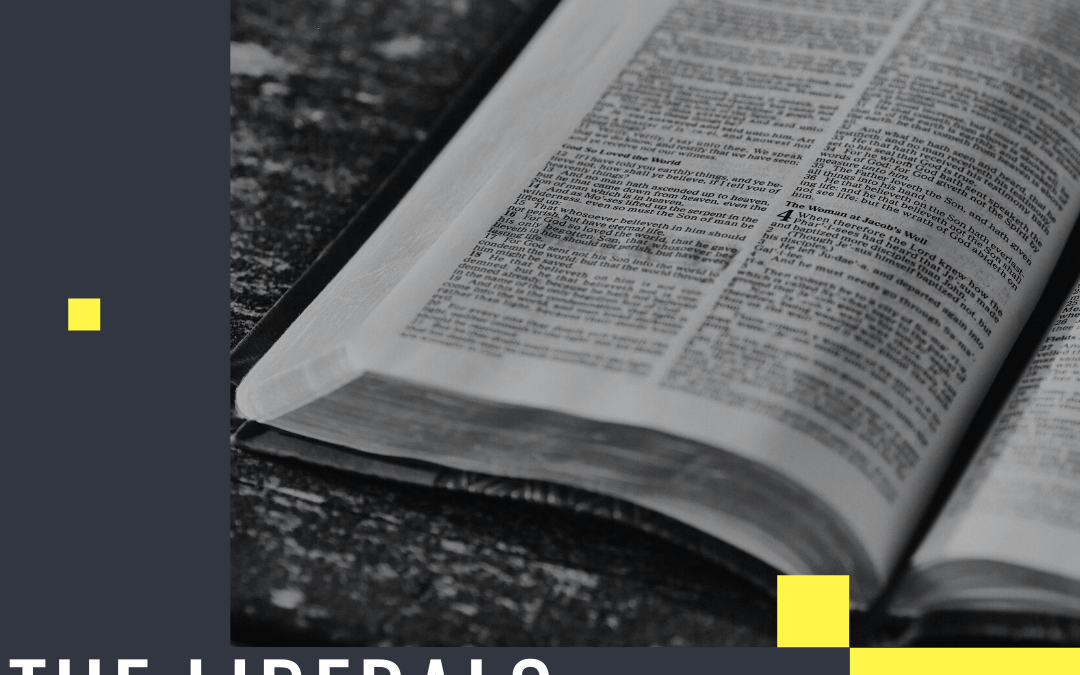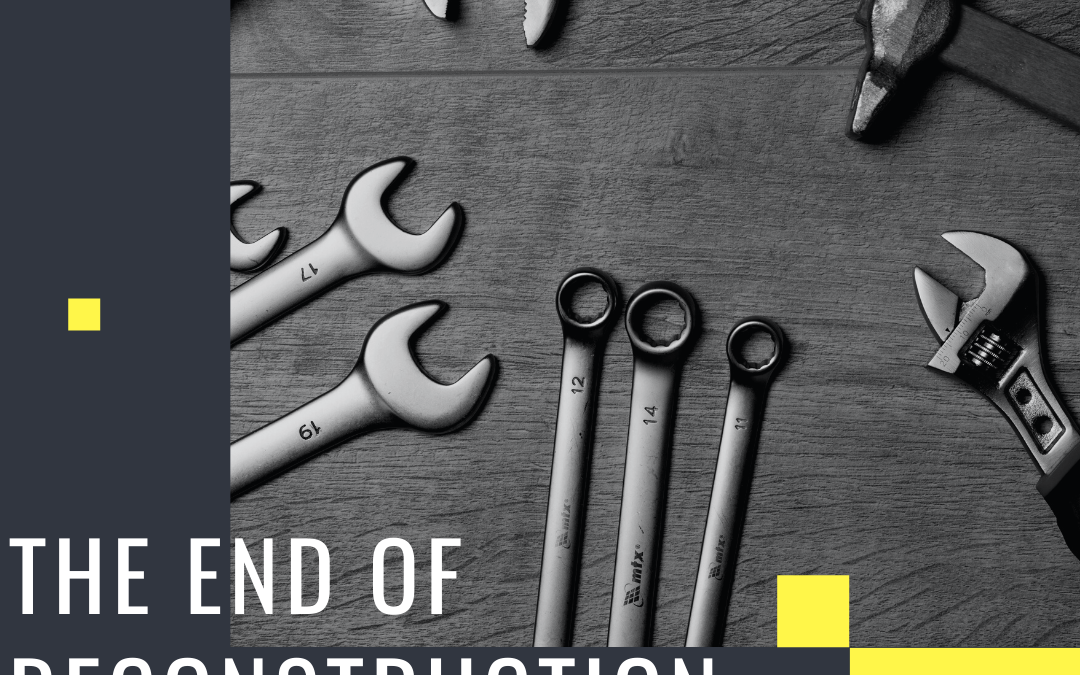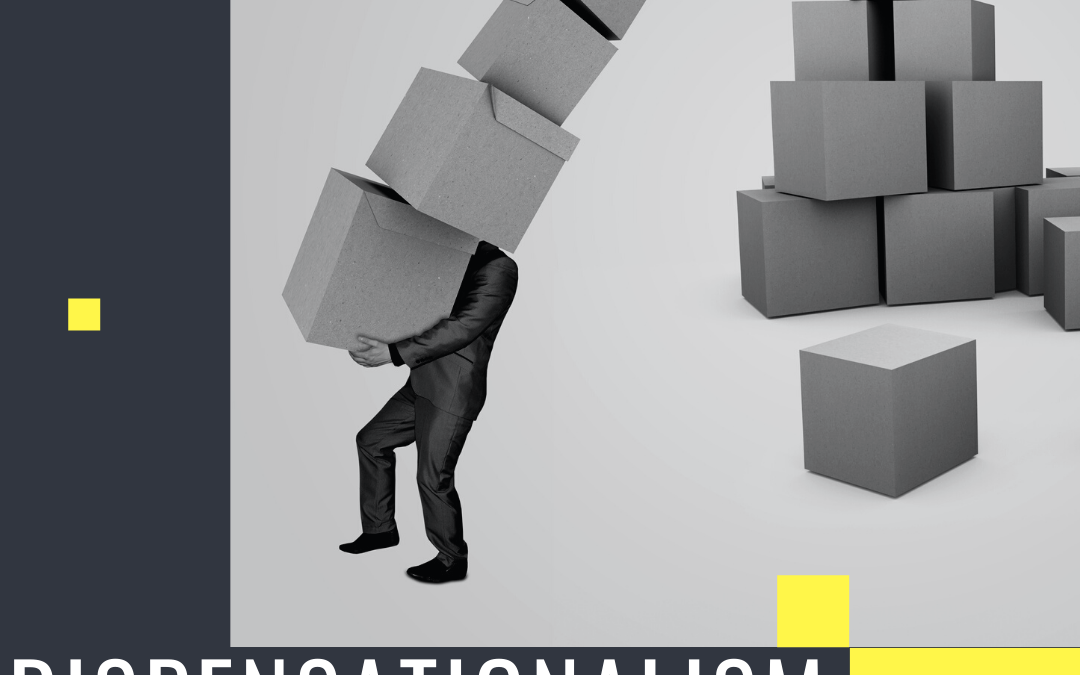
by Chris Staron | Mar 29, 2022 | Episodes
The Birth of Liberal Modernist Theology
George Marsden characterized Christian fundamentalism as “militantly anti-modernist protestant evangelicalism”. Right there you see that fundamentalism is a reaction against something. And that something is modernist theology. Modernism is a broad term used to describe a few different schools of liberal theology. In this episode, we discuss the Tubingen and Berlin schools.
Modernist theology is often marked by the desire to discuss the “historic Jesus”. This term can be a bit confusing because it is less about understanding what historic texts say about Jesus and more about discussing the non-miraculous aspects of Jesus’ life and ministry.
Our special guest this episode is Chris Evans, professor of Christian History and Methodist Studies at Boston University and author of “Do Everything” a biography of Francis Willard.
Discussion Questions:
- What does it mean that fundamentalism is a reaction to modernist theology?
- What is modernist theology?
- Do you know any theologically liberal people?
- Do you find it difficult to both love the Lord and love your neighbor?
- What makes someone a Christian? Does your view include theologically conservative people? What about theologically liberal people? Where is the line for you?
- How vital are Jesus’ miracles to your life and faith?
- Is there a tension in Christianity where it is culturally difficult to be theologically conservative and still want to love our neighbors?
Helpful Links and Sources:

by Chris Staron | Mar 15, 2022 | Episodes
The end of Reconstruction
The 1800s were a time of milking cows and going to the county fair.
Sure… but what else? We tend to think of this century as a quiet, pastoral era when people were friendly and life was simple. But the 1800s were a crazy time! The American Civil War, the Napoleonic Wars, the Spanish-American War, conquest, the suffrage movement, the prohibition movement, massive technological changes. It’s a wonder we ever made it out alive.
In this episode, we explore the early life of William Jennings Bryan and the Democratic Party, the party of Jim Crow that he would soon lead. After the Civil War, it was the Democrats who created Black Codes in the South to restrict the upward mobility of African Americans. They were the party of white farmers and soon transitioned into representing labor unions and, eventually, many black people in the United States. Bryan was one of the men responsible for that transition.
Helpful Links and Sources:
- “A Godly Hero” by Michael Kazin
- Truce episode about the Woman’s Christian Temperance Union (WCTU)
- Meeting notes of the 1873 Evangelical Alliance
- “Fundamentalism and American Culture” by George Marsden
- “A Righteous Cause” by Robert W. Cherny (book on William Jennings Bryan)
- Interesting bio on Stephen Douglas
- President Hays’ acceptance speech
Discussion Questions:
- What do you think of when you think of the 1800s?
- Was the 1800s a simpler time?
- What mistakes did the Republican Party make in ending Reconstruction?
- How should abolitionists have handled the South after the Civil War?
- Can a Christian lead a racist political party? Should they?
- What were some technological advances that came about in the 1800s? How might they have shifted the way people lived and thought back then?
- Are there technological changes going on now that could shift the way we think and interact with each other?
- Chris ends the episode by talking about how Christians should be a people of the means, not necessarily the ends. Do you think the ends ever justify the means for Christians?

by Chris Staron | Mar 1, 2022 | Episodes
Become a patron of the show and help make the Truce episodes you love.
What is dispensationalism?
This season we’re tracing the history of Christian fundamentalism through the life of William Jennings Bryan. But first, we need to learn some important definitions. Our big word of the week is dispensationalism. It’s not as complicated as it sounds. Dispensationalism is (in part) the notion that God treats humankind differently depending on what era we are in. It is not accepted by all Christians, but it is a building block of fundamentalism. Another component of dispensationalism is the secret rapture–the idea that God will take His elect to heaven just before the tribulation. It also asserts that the Christian Church will become apostate before the end times. This last tidbit is important! Premillennialism made Christians suspicious of the outside world, but it was dispensationalism that made us suspicious of each other.
Who created dispensationalism?
John Nelson Darby is often credited as the father of dispensationalism. He came up with the idea of the rapture and is the man who packaged a bunch of existing ideas into this systematized vision of the Bible. In the 1700s and 1800s, people adapted the scientific notion of categorizing everything into genus and species and applied it to all areas of study, even when reading the Bible. This encouraged people like Darby to break the Bible into “dispensations” or eras.
Our guest this week is George Marsden. He’s the author of “Fundamentalism and American Culture”.
Discussion Questions:
- Are you suspicious of other Christians? Why is that?
- Do you believe in the rapture? Why?
- Does the God of the Bible behave differently in different parts of the Bible? Or is He the same throughout?
- Do you believe that Jewish people were destined to return to Israel based on Matthew 24:32-33 or Romans 11:25-26?
- What did you know about the French Revolution before our recent episodes on it? Do you think it was a significant event in world history? If so, why?
Helpful Links:



